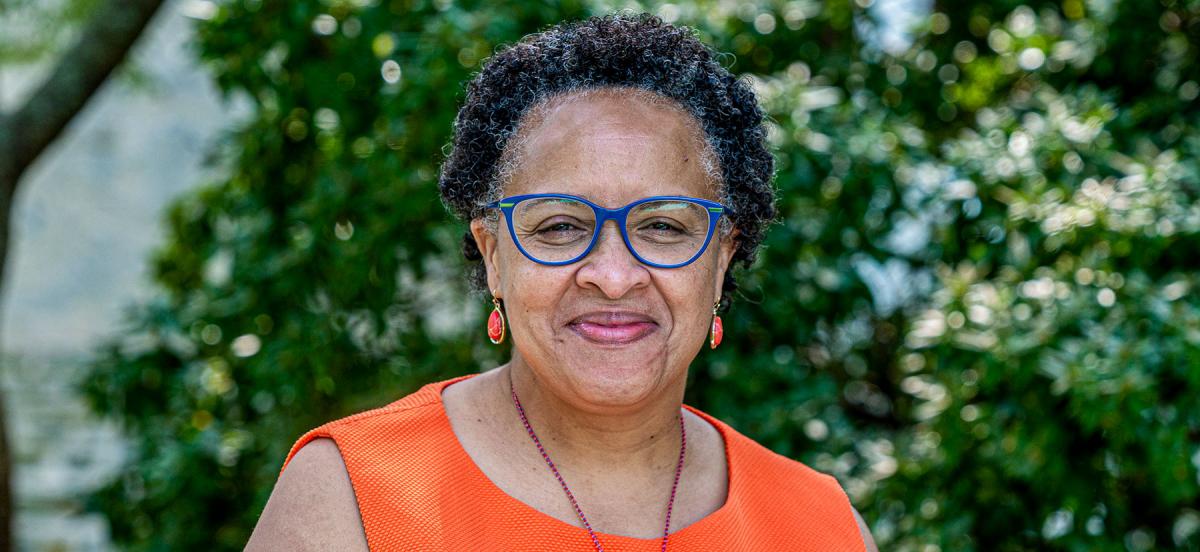Linda Strong-Leek Named Interim Chief Diversity Officer

Provost Linda Strong-Leek is the new interim chief diversity officer. Photo by Patrick Montero.
Details
The College provost, who joined the Haverford community in August, replaced President Wendy Raymond in the role on Nov. 6 and will be joined by an interim co-CDO in December.
Provost Linda Strong-Leek has been appointed the College’s interim chief diversity officer. President Wendy Raymond, the previous interim CDO, stepped down on Nov. 6 and named Strong-Leek to the position as part of the reforms made and requested by the recent student strike.
"[Diversity, equity, and inclusion] work is very central to the role of provost, which also comes with some institutional capital, particularly as I work closely and intentionally with the faculty," said Strong-Leek, who is also a professor of Africana studies and gender and sexuality studies.
She joined the Haverford community as provost in August. In her previous role at Berea College in Kentucky she was provost and, for five years, the inaugural vice president for diversity and inclusion, during which time Berea increased the diversity of the faculty, staff, and students.
"The work [at Berea] was done collaboratively—no one can do this work alone," she said. "At the same time, we increased retention and graduation rates as well. This is hard, slow work, and there are moments when the numbers fall. One must be willing to sign up for the long haul. Real, substantive change takes time."
Strong-Leek will be joined in December by an interim co-CDO, still to be determined, while an advisory group plans structure, budget, and the organizational role for the CDO moving forward, which will be implemented by July 2021. President Raymond will convene that group by Dec. 1, and it will include students, faculty, and staff who will recommend a best way forward for the CDO role at Haverford.
Strong-Leek says that she sees her job as interim CDO as building on the foundation laid by “work already done in this community by students, faculty, and staff, and generations of Haverfordians working for change.” Part of that work will include collaborating with students and providing funding for programming and other opportunities for engagement in issues of diversity, equity, and inclusion. One such fund already has a $10,000 commitment for use on BIPOC and FGLI initiatives with input from BIPOC and FGLI students.
"The work will never be completely done—that is hard to accept—as it is easier to change structures than culture," she said. "That is the hard work that is ahead of us."



